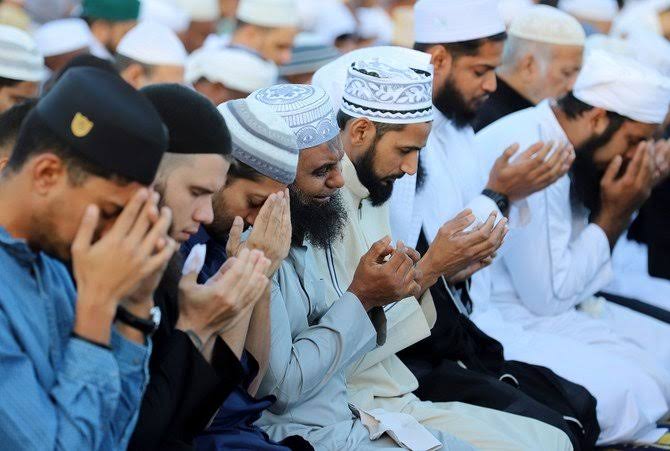Why do Muslims fast during Ramadan

Muslims will be fasting over the next four weeks, as well as praying five times a day and reading the Koran as part of the Ramadan celebrations.
But for those who don’t practice Ramadan, there can be some confusion about what people can and can’t do during the period.

Fasting is often one of the elements of the practice that spark a lot of questions.
Fasting (known as saw in Arabic) is one of the five key pillars of the Islamic faith.
Fasting is seen as a way of purifying coursing spiritually and physically, while also reminding oneself that others are less fortunate than themselves.
Fasting is something fit and able adults are expected to do during Ramadan, but not children, elderly or vulnerable people.
READ ALSO Ramadan: Eat dates everyday, here is why
Adults who are exempt from fasting include pregnant and breastfeeding women, those on their periods, people travelling and the elderly.
Anyone who can make up the days at a later stage are expected to do so, however.
For Muslims, Fasting involves abstaining from all food, drink, smoking and having sex from sunrise to sunset.








